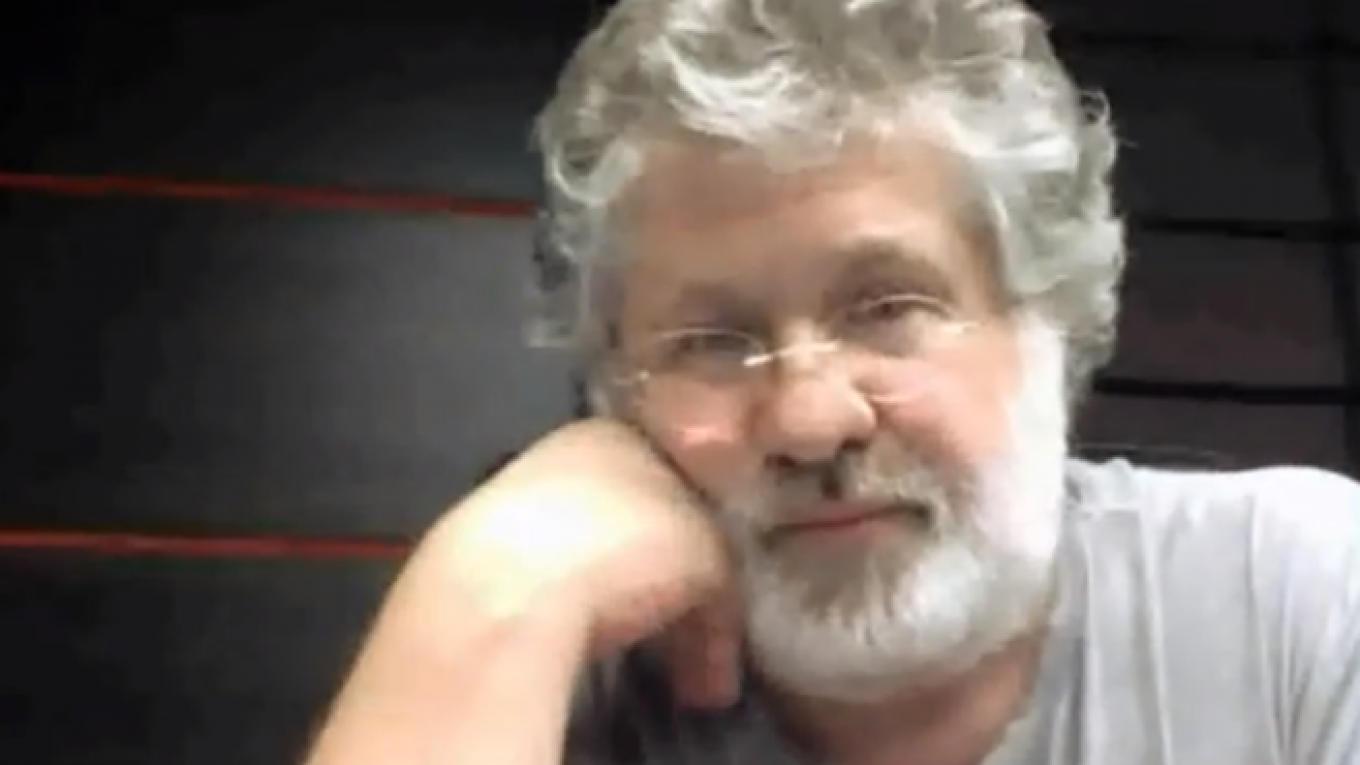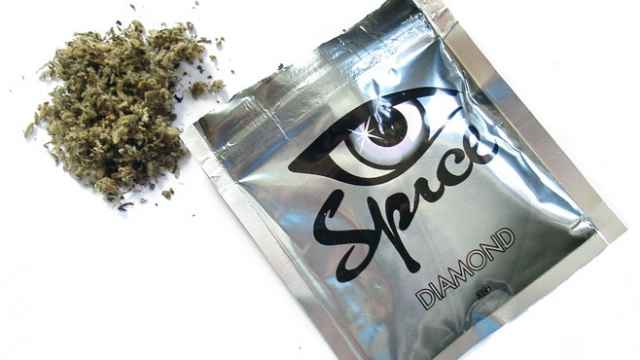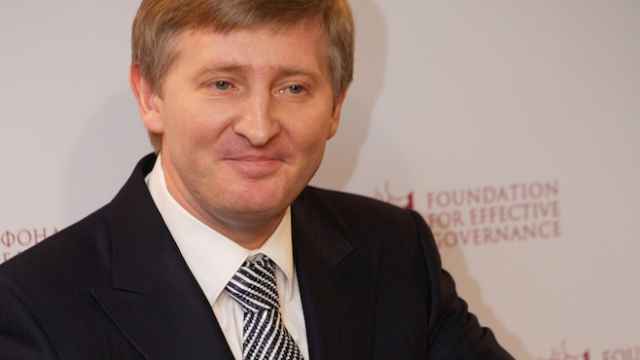Russia's Federal Drug Control Service has said that accounts opened in a bank belonging to Ukrainian oligarch Ihor Kolomoyskyi were used by a drug ring selling a synthetic drug known as "spice" that has caused dozens of deaths in Russia.
The gang was active in more than 30 regions of Russia and 50 of its members have been arrested, the Federal Drug Control Service said in a statement issued late last week.
Relations between Russia and Ukraine have reached a post-Soviet low in recent months as Kiev battles Kremlin-backed separatists in the country's east. Russian narcotics officials have said Ukraine is a haven for drug gangs because security forces currently have more pressing concerns.
Money generated by the sale of "spice," the name given to a variety of highly addictive smoking mixtures, was transferred to accounts in Privatbank, the Federal Drug Control Service alleged. Privatbank is owned by the Privat industrial group controlled by tycoon Kolomoyskyi and his partner, Henadiy Boholyubov.
Ukraine's fourth richest man with a fortune of about $1.3 billion, Kolomoyskyi has been vilified by pro-Kremlin media and nationalist Russian politicians for financial support of pro-Kiev militias and his open criticisms of the Kremlin.
President Vladimir Putin described Kolomoyskyi last year as a “scoundrel” and an “impostor.”
Privatbank's Russian subsidiary, Moskomprivatbank, was put into administration by the Russian Central Bank in March last year, shortly after Kolomoyskyi was appointed governor of the key Dnipropetrosk region of Ukraine that serves as a key hub for coordinating the fight against the separatists in the east. Privatbank quickly sold the subsidiary off to a Russian investor.
The popularity of "spice" is known to be growing in Russia. Much of the supplies of the drug come from China, but laboratories in Russia are also believed to be churning out the substance.
The Federal Drug Control Service said Oct. 6 that more than 700 people had been hospitalized and 25 people killed because of "spice" abuse in just a two-week period.
A Message from The Moscow Times:
Dear readers,
We are facing unprecedented challenges. Russia's Prosecutor General's Office has designated The Moscow Times as an "undesirable" organization, criminalizing our work and putting our staff at risk of prosecution. This follows our earlier unjust labeling as a "foreign agent."
These actions are direct attempts to silence independent journalism in Russia. The authorities claim our work "discredits the decisions of the Russian leadership." We see things differently: we strive to provide accurate, unbiased reporting on Russia.
We, the journalists of The Moscow Times, refuse to be silenced. But to continue our work, we need your help.
Your support, no matter how small, makes a world of difference. If you can, please support us monthly starting from just $2. It's quick to set up, and every contribution makes a significant impact.
By supporting The Moscow Times, you're defending open, independent journalism in the face of repression. Thank you for standing with us.
Remind me later.






